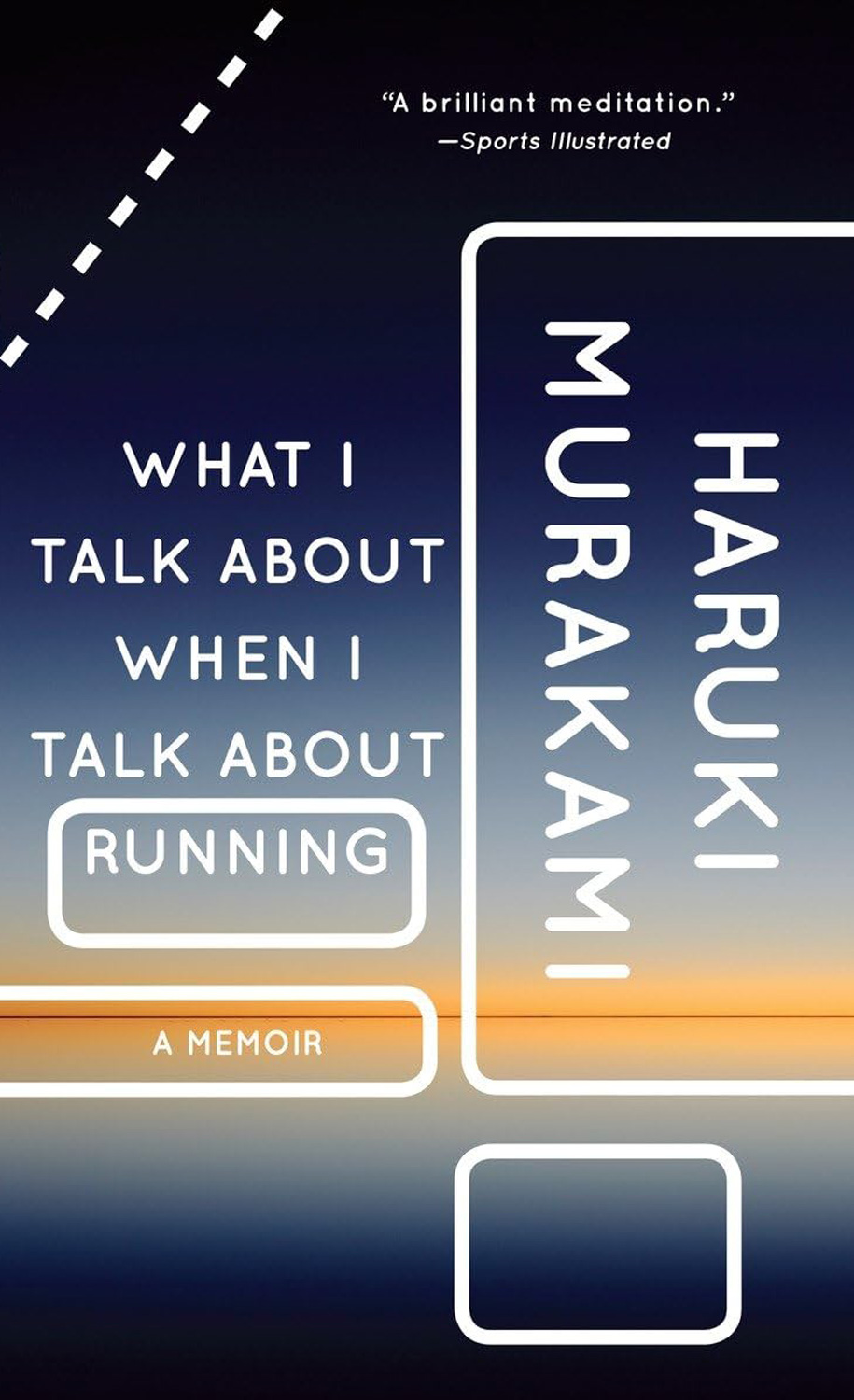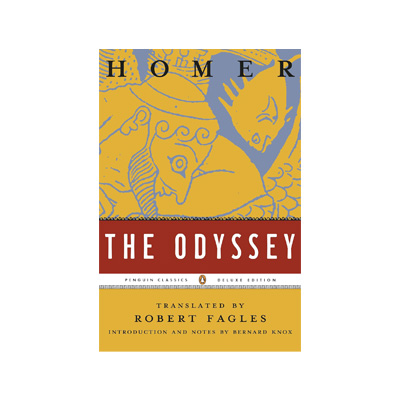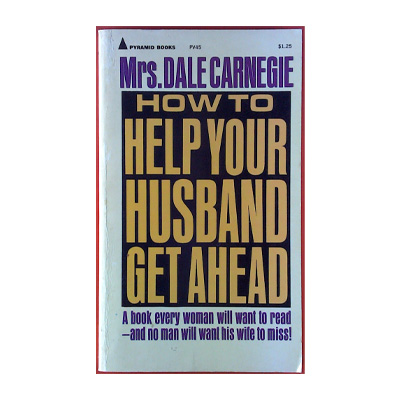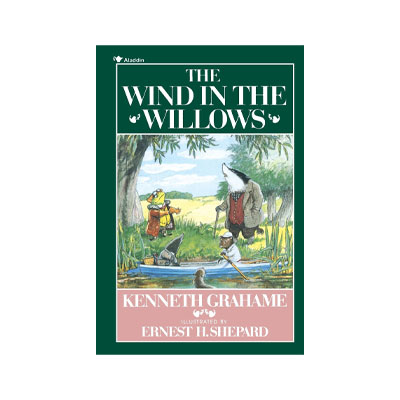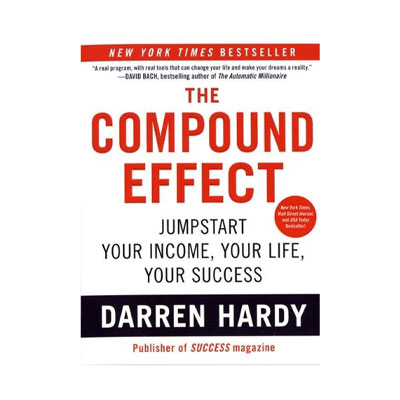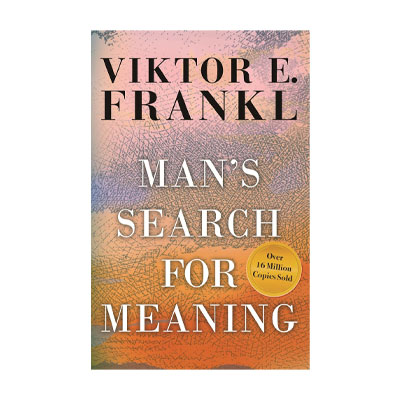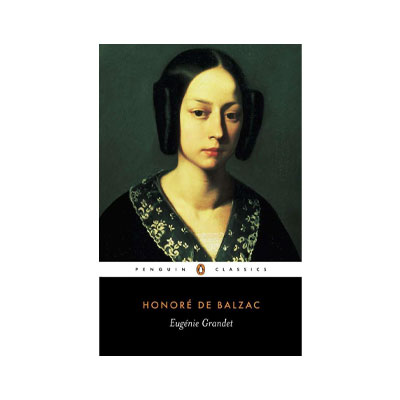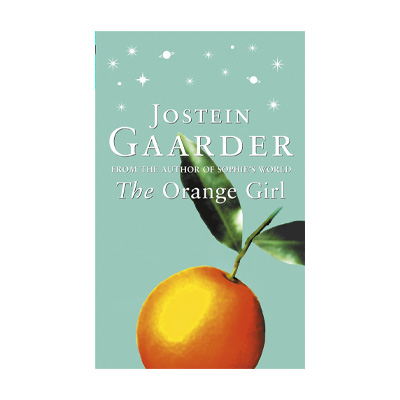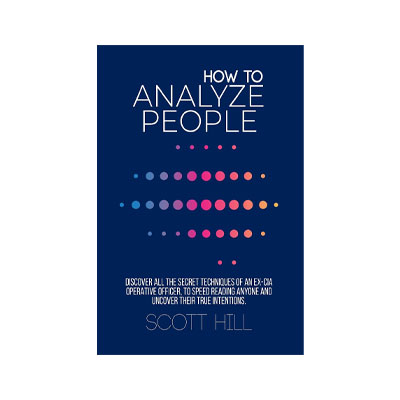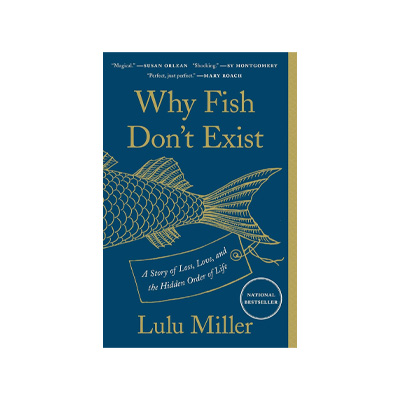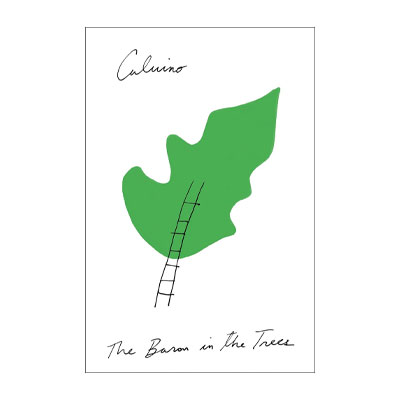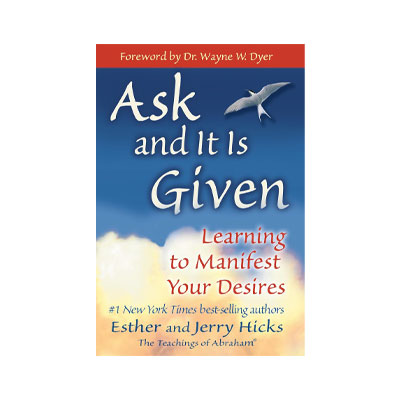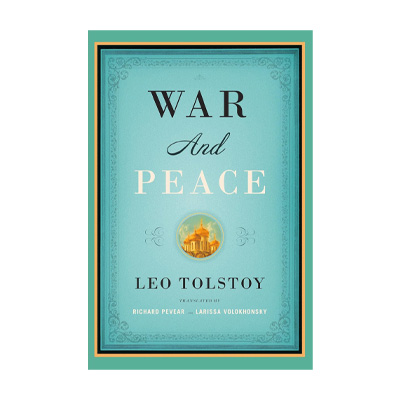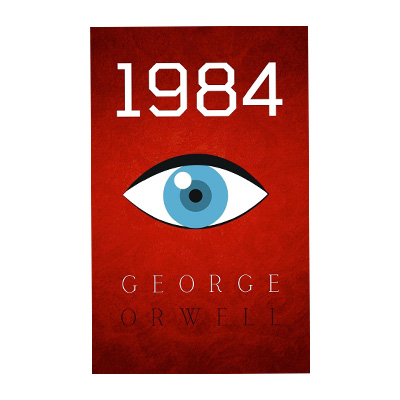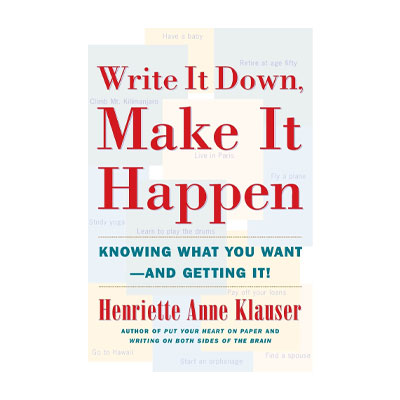Book Summary
Haruki Murakami talks about his daily running memories in his another book titled "What I Talk About When I Talk About Running" and how it has had a significant impact on his personal and professional life. As one of the most successful writers in the world, Murakami has never shied away from challenges and problems in his life journey and has always tried to set clear goals and then move forward with planning.
In this work, he has also spoken about his memories and interests and used them to explain his worldview and perspective to make his readers more familiar with himself. He has never intended to simply advise readers and put cliché sentences in front of them, but has tried to share how he enjoys his days by naming his sports activities realistically. Murakami has spoken well of his eight-kilometer run per day and depicted its culmination in participating in marathon races.
He has continued in such a way that writing and running have interesting similarities, and it is the endurance and continuity in them that leads to reaching higher levels of success. In any case, other interesting points have also been mentioned, which will entertain and satisfy the audience from start to finish.
About the Author
Haruki Murakami is a Japanese writer born on January 12, 1949, in Kyoto, Japan. After completing high school, he went to Waseda University in 1968 and received his university degree there. His marriage to his wife in 1971 and working in a music sheet store as well as opening a coffee shop were some of the subsequent events in his life. In 1981, he entered the world of writing, and since then, he has authored numerous works and taught at Princeton University in 1991. Murakami, who has been honored with awards such as the Franz Kafka and Yomiuri prizes, has written some works including "Pinball, 1973," "A Wild Sheep Chase," "Kafka on the Shore," "Norwegian Wood," "The Wind-Up Bird Chronicle," and "1Q84."
Who Should Read the Book?
If you are a fan of Haruki Murakami or enjoy reading about famous people's memoirs, this book is written for you
Table of Contents
The work is presented in 9 chapters prepared and edited by the author.
